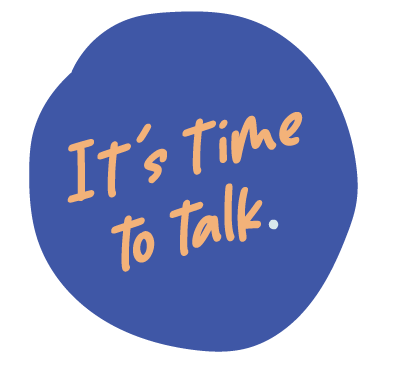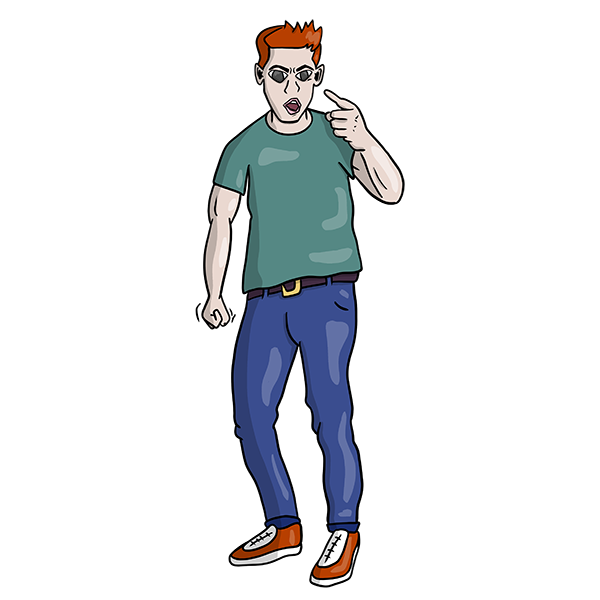What if I am being abusive?
What if I am being abusive?
It is challenging to realise that you might be the one who is being abusive, aggressive or violent in your relationship.
Signs you are being abusive in your relationship or family:
Using any form of physical violence or assault – including unwanted sexual activity
Using threats or pressuring others; e.g. threatening to harm them or yourself, threatening to not support/pay for things, threatening to out them or reveal their medical status
Restricting others – preventing them from going to work, school or church, from seeing people or dictating what they can and can’t do
Being emotionally abusive - name-calling, embarrassing them, continuous criticism
Surveillance – following them, checking their phone, questioning where they are going or what they are doing
Minimising or denying abusive behaviour, blaming others or justifying it.
If any of these statements feel true for you, it is time to take action to control your behaviour.
Adapted from MensLine Australia
Getting help for abusive behaviour
Changing your behaviour can be difficult on your own. There are professionals and services which can help you understand the issues you are facing and learn strategies for changing your behaviour. You can speak with a counsellor, mental health worker, nurse, doctor or psychologist to help you to work through these issues
Specialised services include:
Some initial steps you can take to address your behaviour are:
Being honest with yourself about how your behaviour is affecting other people and your relationships, whether or not you are scaring or hurting them – and whether you need help
Identifying the people and situations that are triggers for your anger or aggression and avoiding these
Thinking ahead of time about how you may respond to a triggering situation and planning a different way of dealing with it
Cutting down on or stopping your drinking and or drug taking if that is a trigger for abuse
Talk to a professional for help
Adapted from Reach Out





